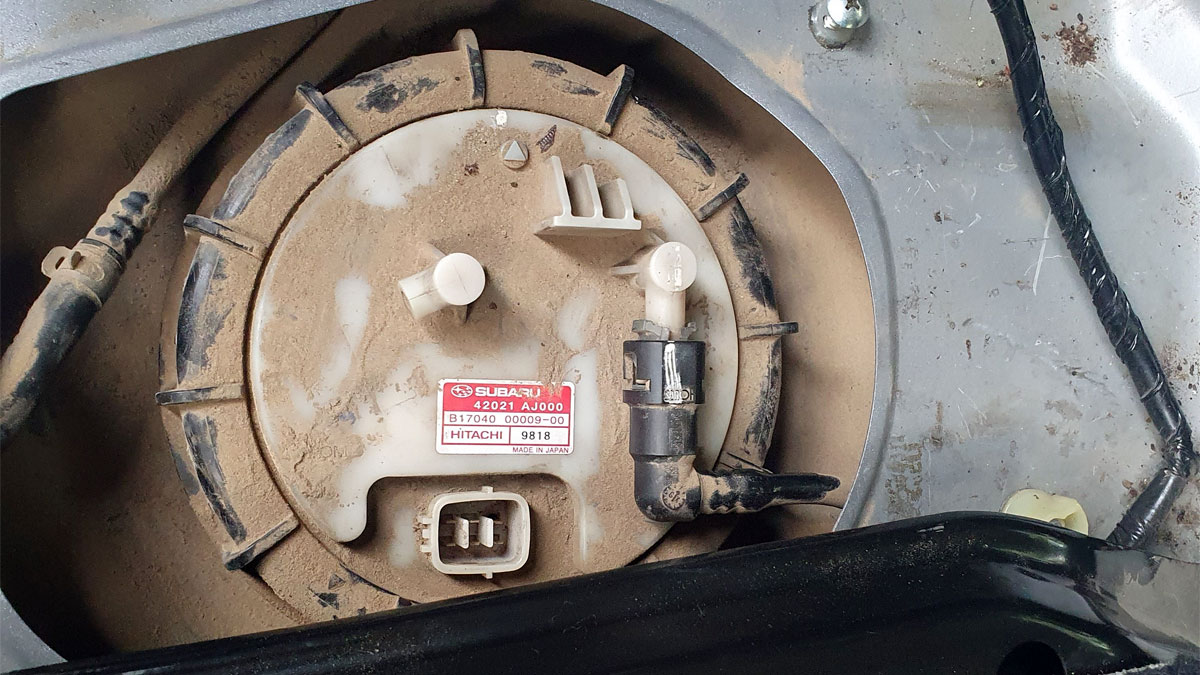Fuel pumps serve as the heart of a vehicle’s fuel delivery system, maintaining the vital flow of gasoline or diesel from the tank to the engine. However, like all mechanical components, fuel pumps can experience failure, often leading to frustrating and inconvenient situations. Understanding the reasons why fuel pumps fail not only enriches our perspective on vehicle maintenance but also highlights the complexities involved in automotive engineering. Let’s delve deeper into this topic.
The emergence of fuel pump failure often manifests in various symptoms, such as engine stalling, decreased acceleration, or difficulty starting the vehicle. While these signs can certainly signal an underlying issue, pinpointing the exact cause necessitates a closer inspection of the fuel pump and its operational environment.
So, what exactly causes a fuel pump to go bad? Here are four prevalent reasons that contribute to this critical component’s decline in performance.
1. Contaminated Fuel
One of the most insidious factors leading to fuel pump failure is contaminated fuel. Over time, fuel can collect dirt, debris, and water during storage or transit. These contaminants can clog the fuel filter and, ultimately, the pump itself. Water in diesel fuel, in particular, can be highly detrimental, causing rust and corrosion within the fuel system. When the internal mechanisms of a fuel pump become compromised due to such contaminants, the whole system’s efficiency diminishes. Regularly replacing the fuel filter and ensuring high-quality fuel can significantly mitigate this risk.
2. Overheating
Fuel pumps are designed to operate within specific temperature ranges. However, if the fuel tank is often running low, the pump might find itself overheating. Pumps rely on the fuel that surrounds them for cooling; a low fuel level means insufficient coolant. Prolonged overheating can lead to thermal breakdown of the pump’s internal components, causing it to fail. This often manifests as a gradual decline in performance rather than an abrupt failure. It’s vital for drivers to keep an adequate level of fuel in the tank as a preventative measure.
3. Electrical Issues
Fuel pumps, particularly electric ones, depend heavily on electrical systems to function correctly. Various issues can arise from improper electrical connections, including corroded wires, damaged connectors, or even issues stemming from the vehicle’s battery or fuse. Any disruption in the electrical flow can result in inadequate pump activity, leading to poor fuel delivery. It’s crucial for vehicle owners to routinely inspect the wiring and connectors associated with their fuel pump, as failing to do so can lead to longer-term complications.
4. Wear and Tear
Like any mechanical device, fuel pumps experience wear and tear over time from regular usage. The continuous cycle of pressurization and depressurization can lead to physical degradation of the pump’s components. Factors such as operating conditions, driving habits, and maintenance practices will all ultimately affect the lifespan of a fuel pump. High-performance demands, such as towing heavy loads or frequent stop-and-go driving, can put extra strain on the mechanism. Regular maintenance checks will not only help in identifying early signs of wear but will also contribute to extending the pump’s life.
In addition to these primary causes, several external factors can exacerbate fuel pump failure. Environmental conditions, such as extreme heat or cold, can impact the operational efficacy of the pump. For instance, frigid climates can cause fuel to thicken, making it harder for the pump to draw through. Conversely, excessive heat can lead to vapor lock, which can stall fuel delivery altogether.
Maintenance Tips
Preventative maintenance plays a crucial role in prolonging the longevity of fuel pumps. Here are several practical tips for vehicle owners:
- Use High-Quality Fuel: Opt for reputable fuel suppliers to minimize the risk of contaminants.
- Regularly Replace Fuel Filters: A clean fuel filter can prevent debris from reaching the pump.
- Keep the Fuel Tank Full: Maintaining sufficient fuel levels helps prevent overheating and provides an ample coolant source for the pump.
- Conduct Routine Inspections: Regularly check for any electrical issues, leaks, or unusual noises that might hint toward pump degradation.
In conclusion, while fuel pump failure can be frustrating, understanding its causes equips vehicle owners with the knowledge to mitigate risks effectively. By being proactive and informed, drivers can enhance not only the life of their fuel pumps but also the overall health of their vehicles. After all, the intricate dance between mechanical components requires delicate balance and attention to ensure smooth sailing on the roads ahead. The more we delve into these intricacies, the better we appreciate the marvel that is automotive engineering.
